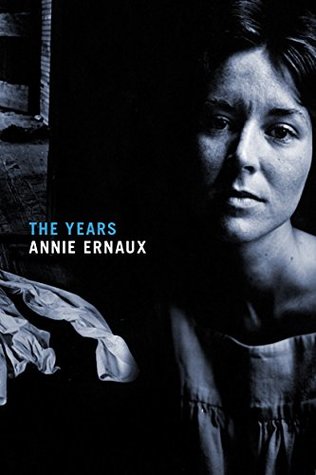More on this book
Community
Kindle Notes & Highlights
They wanted the world to always have countries devoid of progress to take them back in time this way.
The sense of affliction we’d been accustomed to feeling about those who lived “under the Communist yoke” gradually turned into a disapproving observation of the use they made of their freedom. We liked them better when they were lining up for sausage and books, deprived of everything, so we could savor the luck and superiority of belonging to the “free world.”
To the great relief of all, a useless occupation was found for the homeless, selling The Streetlamp and The Street, newspapers whose content was as shabby and stale as the vendors’ clothing, and which one threw away without a second look. It was a sham activity that allowed one to distinguish between the good homeless, willing to work, and the others, sprawled and sleeping off an endless drunk on benches in the Métro, or outside next to their dog.
And as we watched and listened to these grown children, we wondered what bound us to each other. It wasn’t blood or genes, only a present comprised of thousands of days spent together, words and gestures, meals, car trips, a great deal of shared experience that left no conscious trace.
Pride in what one did was substituted for pride in what one was—female, gay, provincial, Jewish, Arab, etc.


